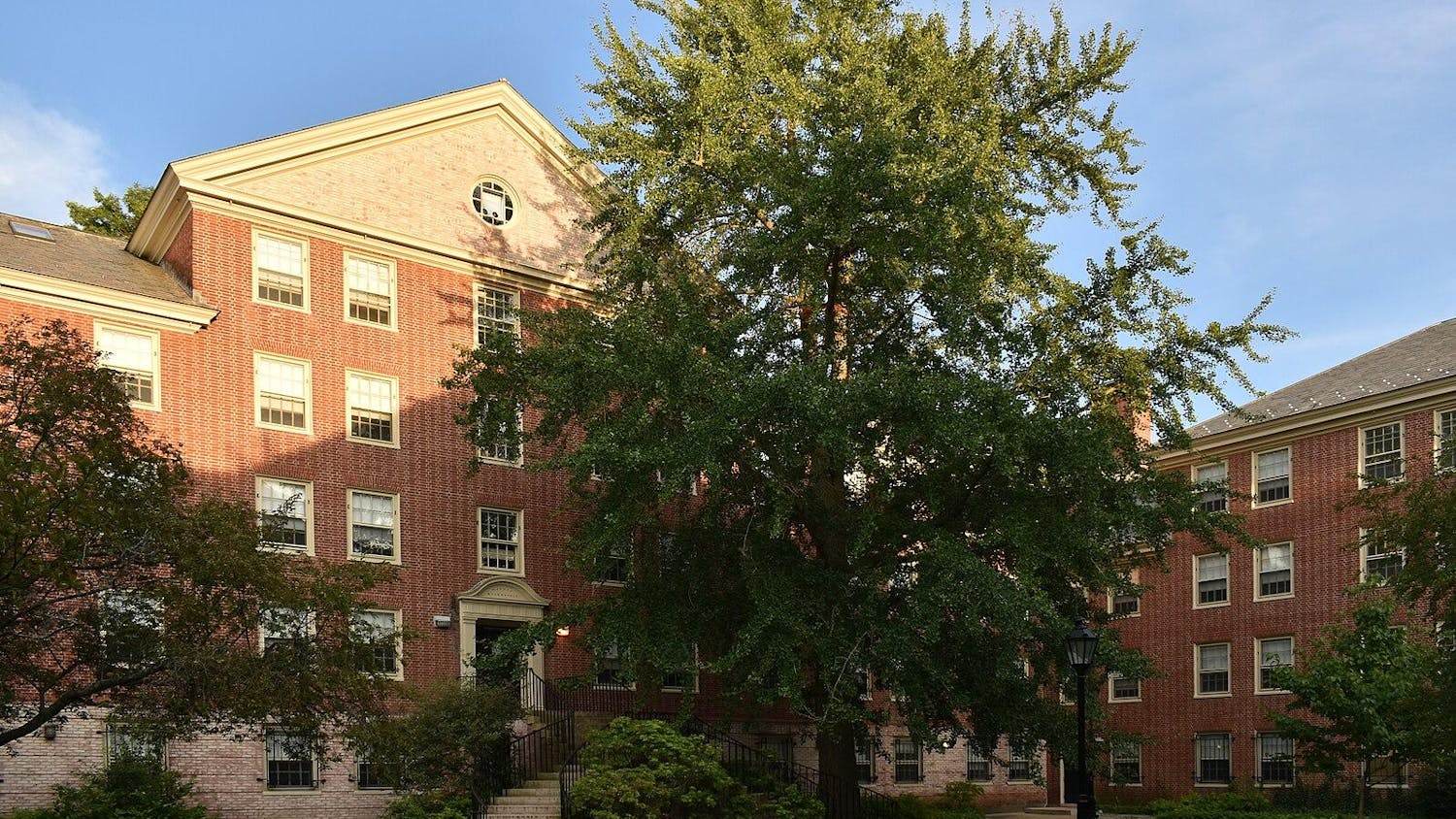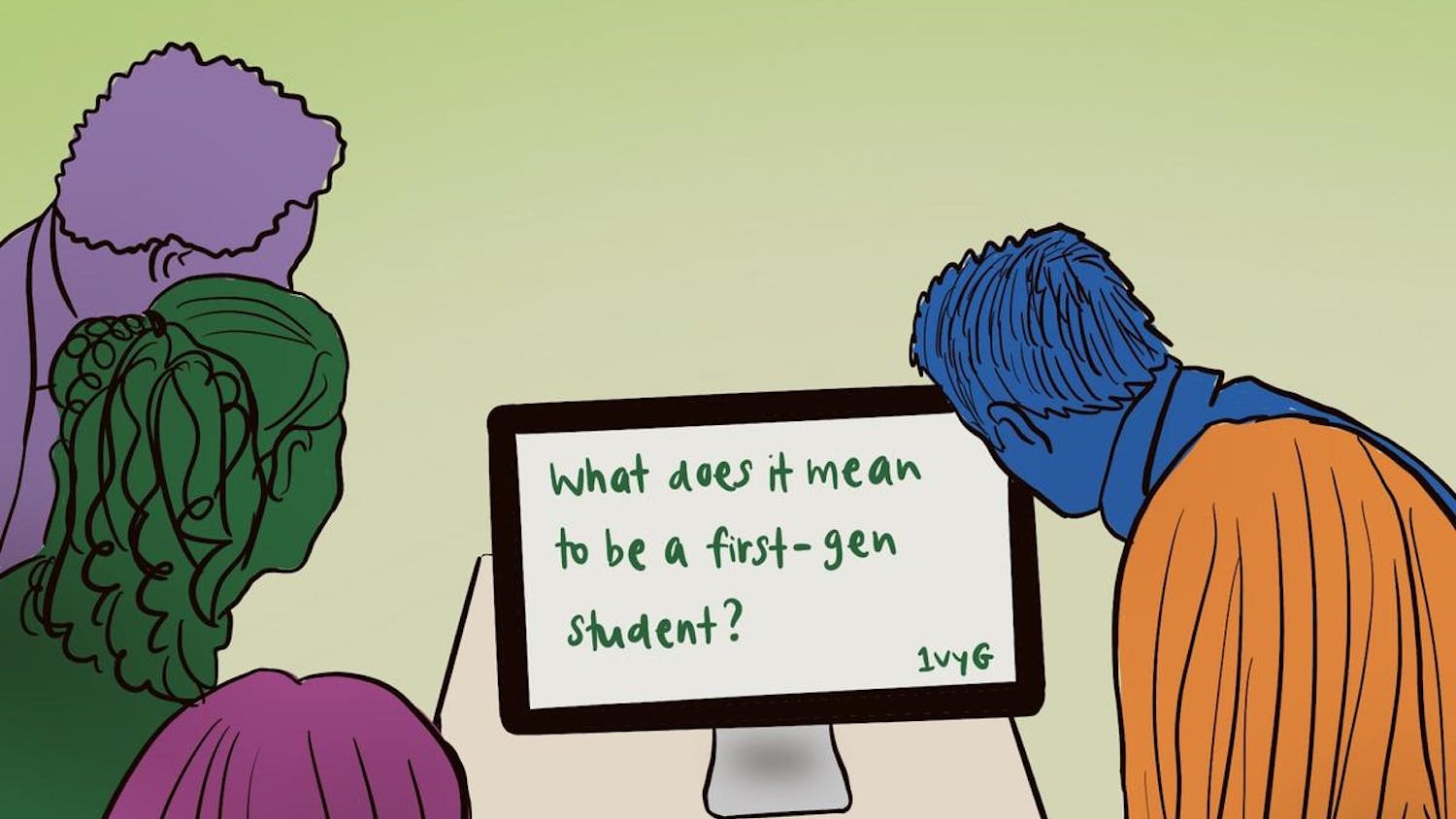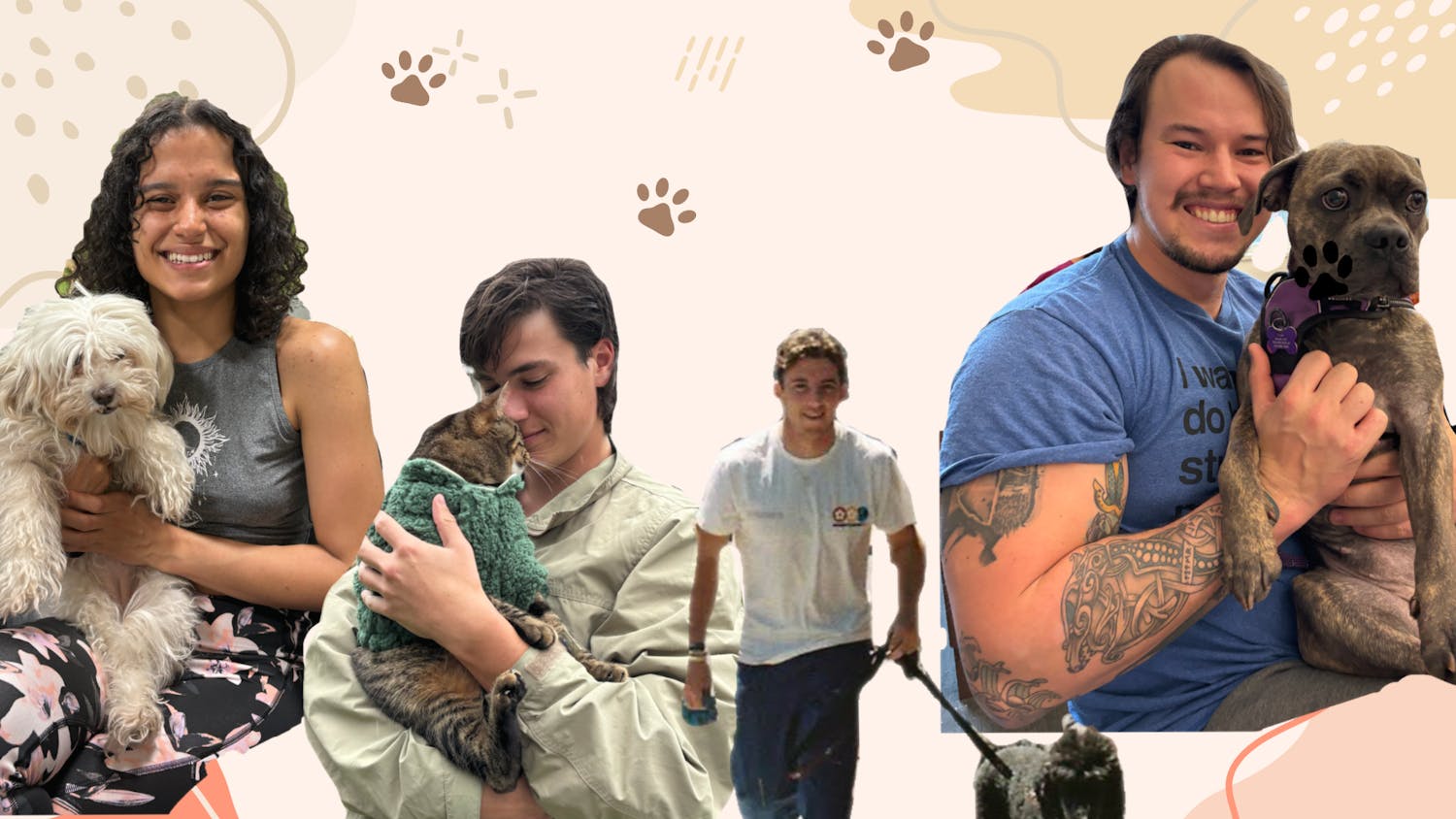The creation of a graduate program in Africana studies marks the latest development in the growth of the department, which hired renowned author Chinua Achebe in the fall. The Corporation approved the new program in December, said Tricia Rose, professor of Africana studies and chair of the department.
The department, which is only a decade old, currently offers only an undergraduate degree. The graduate school will open admissions next fall for the program's two fully-funded student openings, and the first students will enroll in fall 2011, Rose said.
While students will earn a master's degree en route to their doctorate, the approved proposal does not include a terminal master's program, Rose said.
The program's curriculum has three areas of focus: history, politics and theory; literary, expressive and performance cultures; and feminism, gender and sexuality. Doctoral candidates will take two required classes and other seminars during their first two years and begin their dissertation proposal in their third. They will be able to choose among graduate seminars with topics including black feminist thought and race and cultural politics, according to a September memo sent to administrators by the Africana studies faculty.
The small size is not unusual for a graduate program in the humanities at Brown, according to Dean of the Graduate School Sheila Bonde.
The first class is limited to two students because of the amount of available funding, Rose said, adding that she hopes the program will expand to four or five students in each class.
This would require the dedication of additional resources and fundraising efforts to create endowed student fellowships, she said.
The department began considering the program in 2001, but did not actually begin working on it until two years later, said Barrymore Bogues, professor of Africana studies and a former chair of the department.
In the following years, the department made a series of high-profile hires such as Rose and Professor of Africana Studies and English John Wideman. These hires were part of a conscious decision to strengthen the department in specific areas, Bogues said.
It is a departmental priority to "have the largest number of highly ranked cutting-edge research faculty" in order to attract top graduate students, Rose said.
The Graduate Council approved the proposal in 2007, but the department waited until after an external review of the proposal was completed to bring the program before the Corporation, Rose said.
The external review did not require any revisions to the program, Rose said. According to the faculty memo, the review concluded that with the graduate program's creation, Brown's department is "poised to be one of the top three Africana studies programs in the country." Brown will be joining only 10 other U.S. schools with doctoral programs in the field, according to the memo.
In comparison with other schools' programs, Brown's proposed graduate curriculum is "notable for the fact that it's very interdisciplinary," Bonde said. It will also be the only graduate program in the country with a focus on gender and sexuality, Rose said.
Because of the program's highly interdisciplinary nature, Rose said, she expects that graduate students from other departments, who already take undergraduate courses in the department, will be interested in taking graduate seminars in Africana studies.
The program's students will serve as teaching assistants in the department's undergraduate courses, Rose said. In the past, the department has had to borrow graduate students from other departments or use undergraduates.
"Our undergrads will benefit extensively," Rose said.
Graduate students will also be able to take upper-level undergraduate seminars, Rose said, adding that they often "elevate the conversation" in those courses.
The initial proposal included opportunities for graduate study abroad as part of the Trilateral Reconnection Project, but there is currently no budget in place to support that, Rose said. The Trilateral Reconnection Project, a partnership with the University of Cape Town and the University of the West Indies that the University established in 2006, encourages joint research and student and faculty exchange between the schools.
Bogues, who will teach graduate courses on intellectual and critical theory, said he is personally excited to go deeper into subjects in a way that more basic undergraduate survey classes are not able to.
"I'm looking forward to that kind of work," he said.




